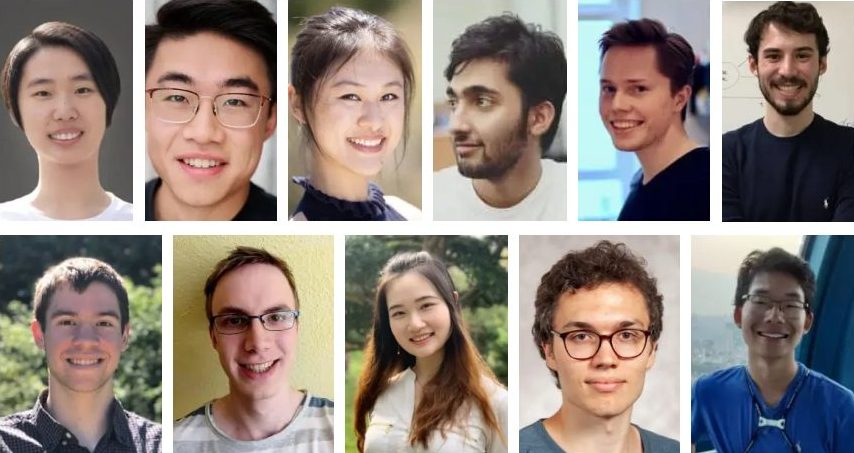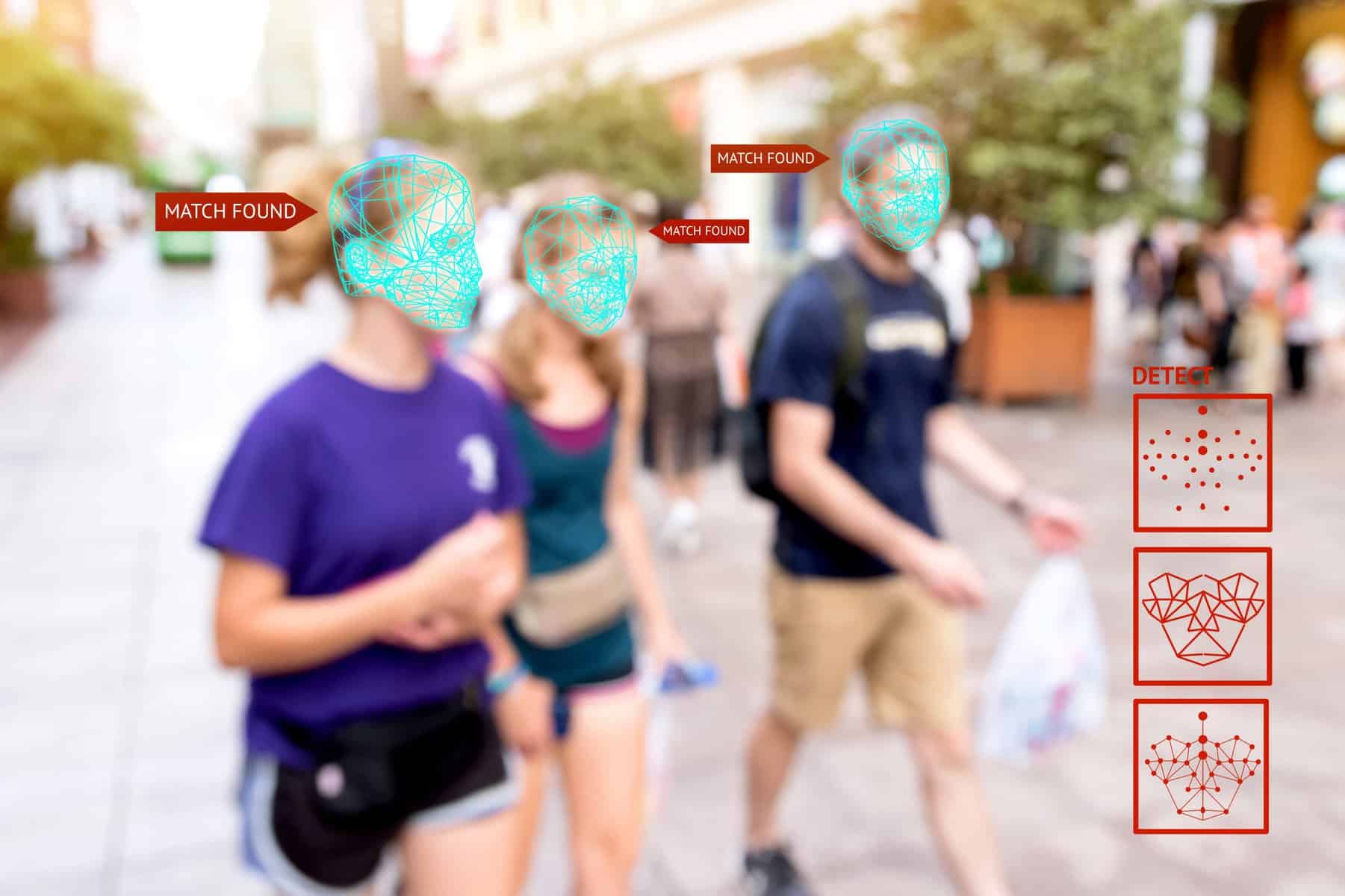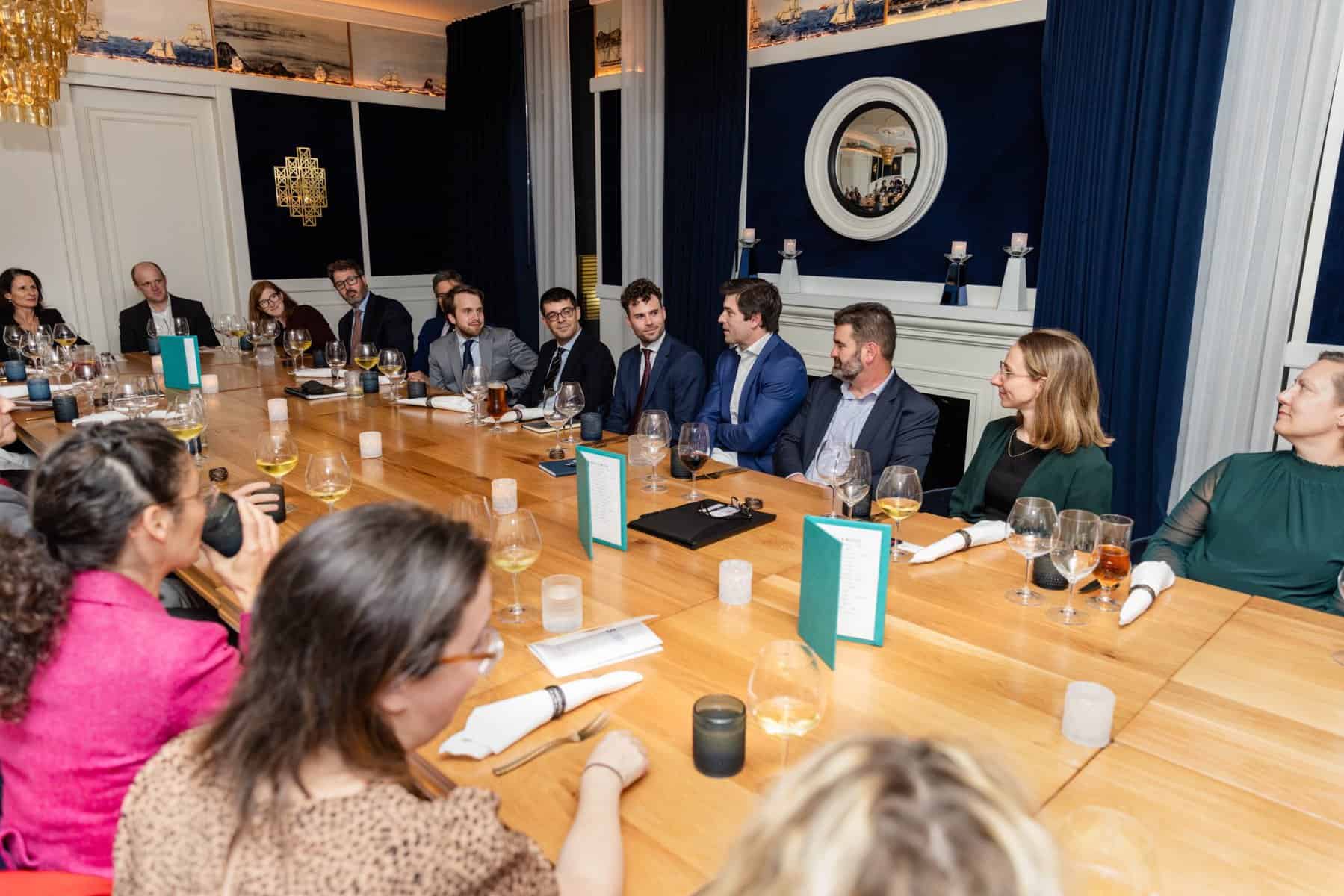US-China AI Governance PhD Fellowships
Fellows receive:
- Tuition and fees for 5 years of their PhD, with extension funding possible.
- $40,000 annual stipend at universities in the US, UK and Canada.
- A $10,000 fund that can be used for research-related expenses such as travel and computing.
- Invitations to virtual and in-person events where they will be able to interact with other researchers in the field.
- Applicants who are short-listed for the Fellowship will be reimbursed for this year's application fees for up to 5 PhD programs.
See below for research priorities and additional eligibility criteria.
Questions about the fellowship or application process not answered on this page should be directed to grants@futureoflife.org
Grant winners
US-China AI Governance Research Priorities
Research on “US-China AI Governance” refers to work that explores risk reduction in US-China relations in AI. This includes:
- Research that investigates the role of global governance in reducing the risks associated with a US-China AI competition. In particular, this research stream refers to the conditions to mitigate AI race dynamics in which countries cut corners on safety to develop and deploy advanced AI systems (Cave and ÓhÉigeartaigh 2018). Examples include:
- Analyzing the political factors that would shape the effectiveness of US-China cooperation on AI governance. One possible approach translates lessons learned from great power cooperation in other technologies to global AI governance. Related work has found that the strength of transnational scientist-to-scientist interactions played an important role in whether the US shared nuclear safety and security technologies with its rivals (Ding 2024).
- Exploring the particular characteristics of AI technology that make it more or less amenable for US-China engagement. For example, some researchers have argued that arms control agreements for military AI systems will be unlikely because these systems will likely be indistinguishable from their civilian counterparts (Vaynman and Volpe 2023).
- Research that explores the current extent of US-China collaboration on AI governance issues, with a focus on specific areas and institutions that could benefit from strengthened interaction. Examples include:
- Research that improves understanding of China and/or the U.S.’s approach to AI risk management, with an eye toward key differences and commonalities that may affect international cooperation.
- Assessing the institutional designs that would be most suitable for US-China cooperation on AI governance (and other interventions beyond direct engagement). Potential mechanisms for further research include: international norms, “soft law” agreements, treaties, standards, and new institutions (Dafoe 2018). Researchers could also study the role that third countries can play in reducing risks that stem from current and future US-China competition in AI.
Purpose and eligibility
The purpose of the fellowship is to fund talented students throughout their PhDs to work on US-China AI governance research. To be eligible, applicants should either be graduate students or be applying to PhD programs. Funding is conditional on being accepted to a PhD program, working on US-China AI governance research, and having an advisor who can confirm to us that they will support the student’s research. If a student changes advisor, this confirmation is required from the new advisor for the fellowship to continue.
An application from a current graduate student must address in the Research Statement how this fellowship would enable their US-China AI governance research, either by letting them continue such research when no other funding is currently available, or by allowing them to switch into this area.
Fellows are expected to participate in annual workshops and other activities that will be organized to help them interact and network with other researchers in the field.
Continued funding is contingent on continued eligibility, demonstrated by submitting a brief (~1 page) progress report due each summer.
There are no geographic limitations on applicants or host universities. We welcome applicants from a diverse range of backgrounds, and we particularly encourage applications from women and underrepresented minorities.
Application process
Applicants will submit a curriculum vitae, a research statement, and the names and email addresses of up to three referees, who will be sent a link where they can submit letters of recommendation and answer a brief questionnaire about the applicant. Applicants are encouraged but not required to submit their GRE scores using our DI code: 3234.
The research statement can be up to 3 pages long, not including references, outlining applicants’ current plans for doing US-China AI governance research during their PhD. It should include the applicant’s reason for interest in US-China AI governance research. For current PhD students, it should also detail why no existing funding arrangements allow work on US-China AI governance research.
Timing for Fall 2025
The deadline for application is November 21, 2025 at 11:59 pm ET. After an initial round of deliberation, those applicants who make the short-list will then go through an interview process before fellows are finalized. Offers will be made no later than the end of March 2026.
Our other fellowships

Technical PhD Fellowships

Technical Postdoctoral Fellowships
Our other grant programs

Request for Proposals on religious projects tackling the challenges posed by the AGI race

2024 Grants




